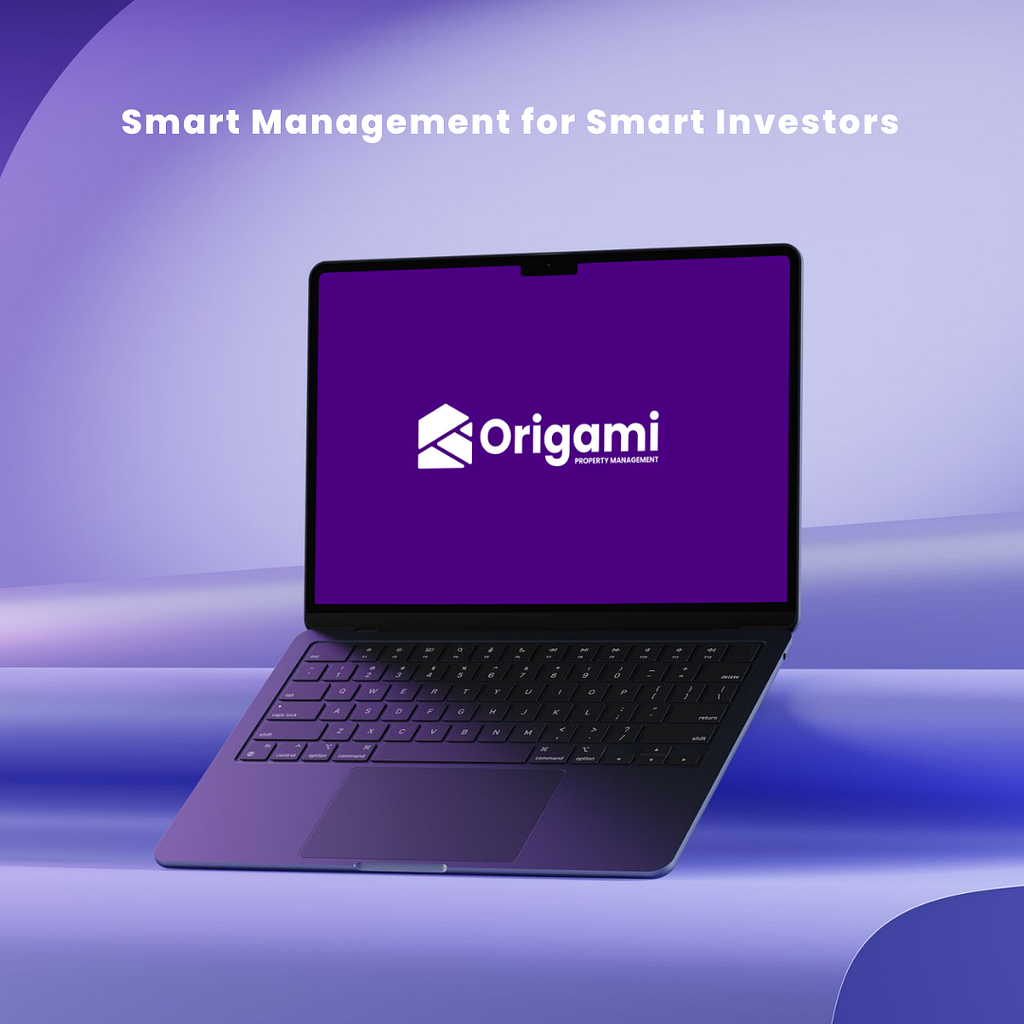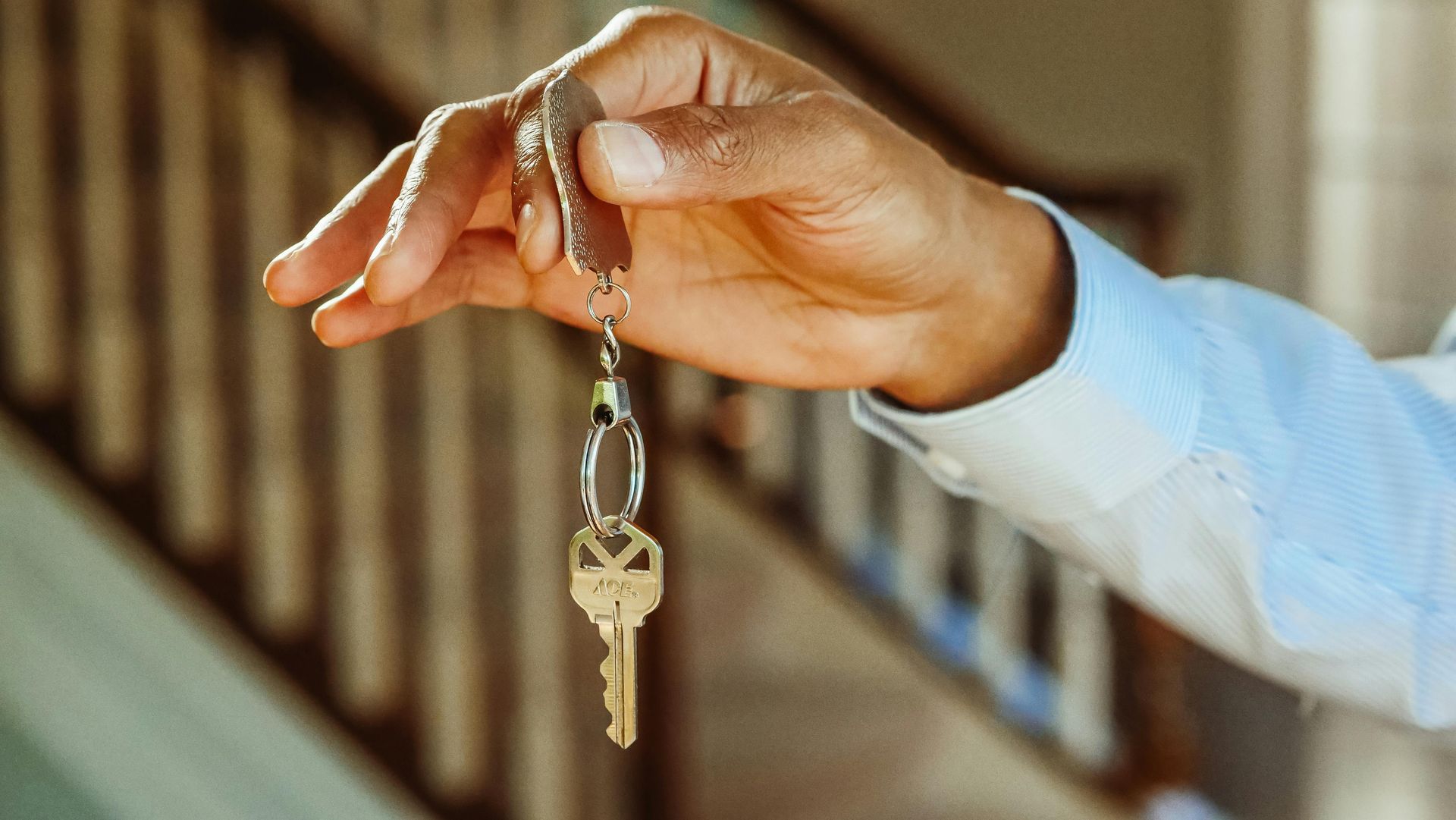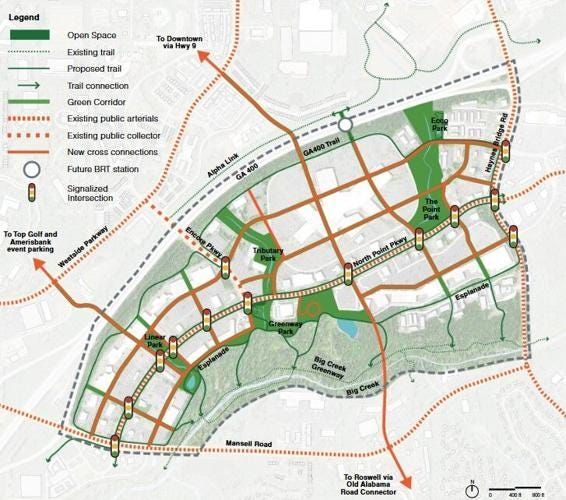Understanding Rental Laws in Georgia: A Landlord’s Guide
Written by Origami Property Management
Georgia is considered a landlord-friendly state — but that doesn’t mean there are no rules. If you own rental property here, understanding the legal landscape isn’t just a good idea; it’s essential to protecting your investment and avoiding costly mistakes.
This guide breaks down the key rental laws Georgia landlords need to know, in plain English.

Lease Agreements: Written or Verbal?
In Georgia, both written and verbal leases are legally valid. However, written leases are strongly recommended. They provide clarity, prevent disputes, and serve as enforceable documentation in court if needed.
Key points to include in a written lease:
- Names of all tenants
- Start and end date of the lease
- Monthly rent amount and due date
- Late fees and grace periods
- Security deposit terms
- Maintenance responsibilities
Security Deposits: How Much and Where to Hold It
Georgia law does not limit the amount you can collect as a security deposit, but it must be held in an escrow account in a state-licensed bank or credit union. Alternatively, you can post a surety bond.
You must provide the tenant with:
- The name and location of the escrow account
- A detailed move-in inspection checklist prior to collecting the deposit
Return timeline: You have 30 days after the tenant vacates to return the deposit, minus any lawful deductions. Failure to do so can result in losing your right to withhold any part of it.
Rent and Late Fees: What You Can and Can’t Do
- Georgia does not cap rent prices
- There is no mandatory grace period for late rent
- Late fees must be reasonable; while there is no legal limit, excessive fees could be challenged in court
Always include your late fee policy in the lease.
Entry Laws: When Can You Enter the Property?
Unlike some states, Georgia does not require landlords to give advance notice before entering a rental unit. However, best practice is to provide at least 24 hours’ notice , unless it’s an emergency.
Respecting your tenant’s privacy is crucial to maintaining trust and avoiding legal complaints.
Maintenance Responsibilities
Under Georgia law, landlords must:
- Keep the property in a habitable condition
- Ensure plumbing, heating, and electrical systems work properly
- Make necessary repairs in a reasonable time once notified
Tenants must:
- Keep the property clean and safe
- Not deliberately damage the unit
- Inform the landlord of needed repairs
Evictions: Follow the Process
Evictions in Georgia follow a strict legal process:
- Demand for possession (usually verbal or written)
- Filing a dispossessory affidavit in court
- Court hearing and judgment
- Writ of possession issued by the judge if tenant doesn’t comply
- Set-out (physical removal) by sheriff
Important: You cannot lock out a tenant, remove their belongings, or shut off utilities to force them out. Doing so is illegal and could result in significant penalties.
Fair Housing Compliance
Georgia landlords must comply with federal Fair Housing laws, which prohibit discrimination based on:
- Race
- Color
- Religion
- National origin
- Sex
- Disability
- Familial status
Even unintentional violations can result in fines or lawsuits.
Stay Ahead of the Law
Laws change. Cities and counties may have additional requirements beyond state law. Make it a habit to:
- Review your leases annually
- Monitor changes to Georgia landlord-tenant law
- Consult with a qualified attorney or property management expert when in doubt

Partner with Origami Property Management
Navigating rental laws can be overwhelming — but you don’t have to do it alone.
At Origami Property Management, we stay current on Georgia landlord-tenant law so our clients don’t have to. From compliant lease agreements to handling evictions legally, we protect your investments while delivering a seamless experience.
Need help managing your Georgia rental property?
Schedule a free consultation
or visit Origamipm.com
to learn how we simplify property ownership for landlords across Georgia.
Disclaimer: This article is intended for general informational purposes only and should not be considered legal advice. Laws and regulations are subject to change, and interpretations may vary. For legal guidance specific to your situation, consult a qualified attorney licensed in Georgia.
Understanding Rental Laws in Georgia: A Landlord’s Guide was originally published in The Fold by Origami Property Management on Medium, where people are continuing the conversation by highlighting and responding to this story.
The Fold by Origami Property Management










